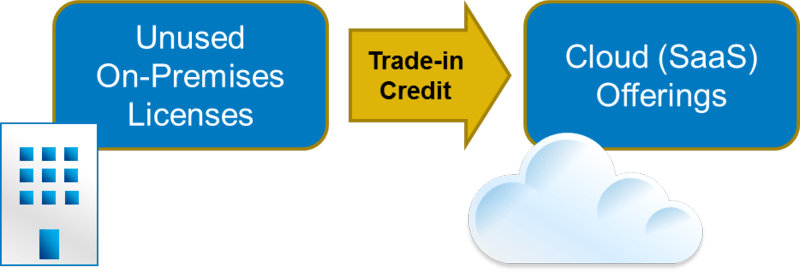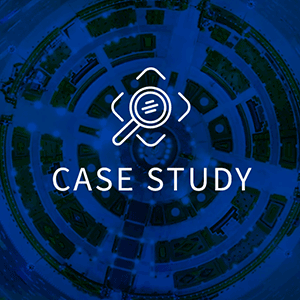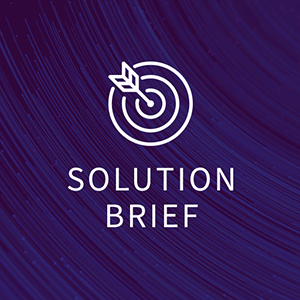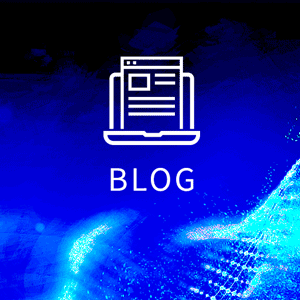Oracle Maintenance & Support must be paid on all licenses included in a single license set regardless of their use; the support level must be identical across a license set. A license set is a group of software or features that are associated together in some way. For instance, all Oracle database editions (Enterprise, Standard, Standard One and Personal) are in the same license set. This license set also includes any additional options and management packs that can be added to an Oracle database. Regardless of the use of the licenses, maintenance is due on all licenses purchased in a license set. For example, a company buying 100 licenses and only using 50 would keep paying maintenance on all 100 licenses. Similarly, if, for instance, an organization is discontinuing the use of an Oracle database option, maintenance on that option must still be paid as it is part of the same license set as the Oracle database.
Usage of Oracle licenses fluctuates over time. An organization may have acquired Oracle licenses in the past for projects that are now discontinued, or the Oracle products may have been replaced over time with other products. As a result, organizations can find themselves in an over-licensed situation for Oracle products and therefore be obligated to pay maintenance on unused software. For many organizations, this over-licensed state is driven by the lack of internal processes; for instance, existing Oracle licenses that are no longer used by business units are not re-harvested at the corporate level. This prevents their re-allocation to other business units that may need them. Another factor contributing to an over-licensed position is the risk of an Oracle audit that pushes some organizations to buy more licenses than they really need. In many cases, organizations lack the tools needed to perform an accurate inventory and deliver an Oracle license position.
IT Asset Management
It all starts with knowing what’s in your IT ecosystem. Flexera One discovers even the most elusive assets whether on-prem, SaaS, cloud, containers and more.
Many organizations have used the Unlimited License Agreement (ULA) offered by Oracle. This agreement provides significant discounts for organizations that forecast growth in the usage of Oracle products over a multi-year period. For a fixed upfront fee, organizations can deploy either a fixed number of licenses (capped ULA) or as many licenses as they want (uncapped ULA). The contract runs for a specific period of time, anywhere from 2 to 5 years but is usually set for three years. Organizations specify which Oracle products they want to be included in the contract. At the end of the ULA, they must report to Oracle how many products have been deployed. There are many risks associated with ULAs such as not realizing the expected growth and therefore not really taking advantage of the ULA. Another one is related to the Oracle product usage that may decline after the end of the ULA. In both of these scenarios, the maintenance fee will stay at the same level—it is set when the ULA is signed.
There are ways to terminate the Oracle maintenance on unused licenses but they come with a couple of catches: the maintenance fee may not decrease significantly when terminating licenses and the re- installment of terminated licenses can be expensive. The maintenance fee paid on all licenses within a license set may not decrease proportionally to the number of licenses terminated—one of the parameters used to calculate the maintenance fee is the volume of licenses for which support is ordered. Lowering the number of licenses by terminating some of them may increase the average maintenance fee per license. Terminated licenses can be re-instated with a fee of 150% of the last annual technical support fee paid prorated from the date the Oracle support is ordered back to the date technical support lapsed. Some organizations choose to keep paying maintenance as need for unused licenses may materialize in the near future.
Back in July 2013, SAP announced that customers can exchange on-premises licenses for cloud subscription offerings. In this move, maintenance paid on software products that are not used, commonly called shelfware, can be traded for cloud licenses for products such as SuccessFactors. Oracle is following the same path. They have recently announced that customers will be allowed to trade on-premises licenses for cloud subscriptions— the existing maintenance fee paid on perpetual licenses can be converted into subscriptions for some Oracle products available in the cloud. It is unlikely that fees paid by organizations to Oracle will decrease, but the value they will get from that software spend will be significantly higher if they are able to convert unused licenses to subscriptions for products they will use.








